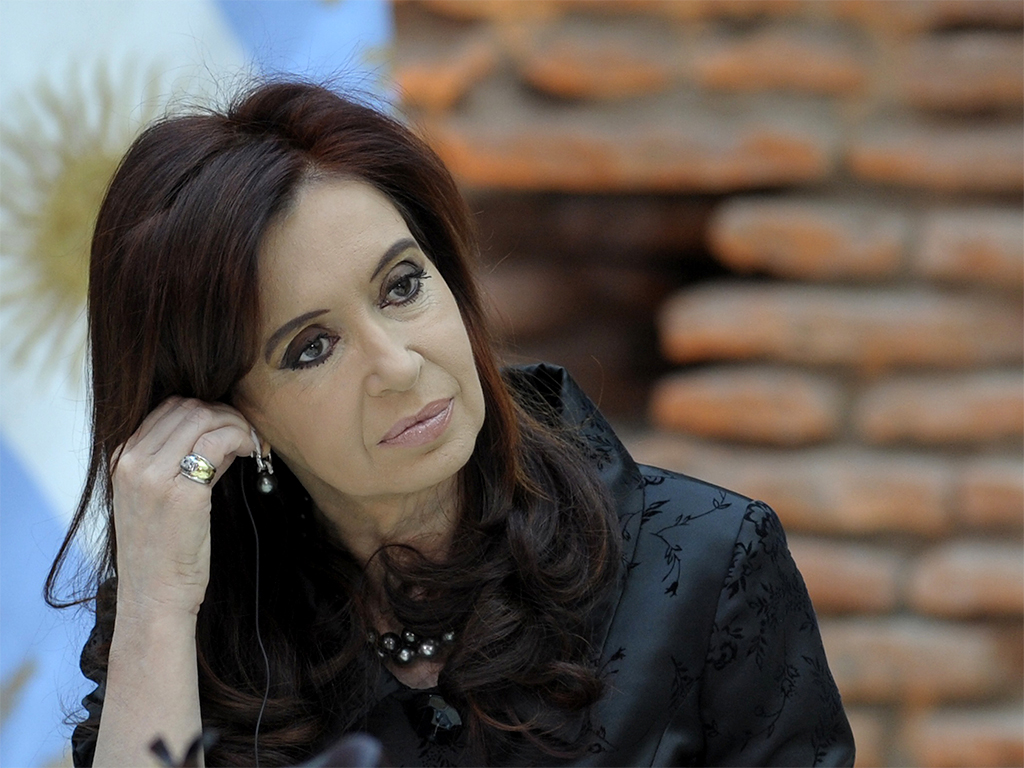
Judges in US’ highest court have ruled that Argentina cannot appeal or evade paying back more than $15bn owed to creditors who bought cheap Argentinian debt following the country’s $82bn default in 2001. The ruling is the culmination of a long legal battle in which Argentina has sought to avoid paying creditors who refused to accept its debt restructuring moves in 2005 and 2010.
In an attempt to make the country’s debt more manageable, the then government offered to pay bondholders regular interest payments provided they accepted a 70 percent reduction in the value of their investment. More than 92 percent of creditors agreed to the offer – but a number of hedge funds, spearheaded by billionaire Paul Singer’s NML Corporation, held out.
President Cristina Fernandez said in a nationally televised address that Argentina is willing to negotiate, but will be unable to pay its debts
Argentina argued that hedge funds such as Singer’s bought most of the debt at a major discount after the default and warned that it was unable to pay both the hedge funds and its regular interest payments. In its Supreme Court filing, it said that if forced to pay, ‘Argentina will have to face, objectively, a serious and imminent risk of default’.
Nevertheless, bondholders have disputed that claim, saying in their own court filing that there was evidence presented in lower courts that Argentina could afford to pay. The ruling also ensures that bondholders can go after Argentine assets by forcing subpoenas on banks to uncover its on- and offshore assets.
‘The subpoenas may turn up information about property that Argentina regards as immune but that NML thinks is subject to execution,’ Justice Antonin Scalia wrote on behalf of the court ruling.
However, President Cristina Fernandez said in a nationally televised address that Argentina is willing to negotiate, but will be unable to pay its debts within the next two weeks, as the court has ordered.
“What I cannot do as president is submit the country to such extortion,” Fernandez said, calling the holdout funds ‘vultures’. “It’s our obligation to take responsibility for paying our creditors, but not to become the victims of extortion by speculators,” she added.
Despite not making the court-ordered payments, the president maintained that Argentinian authorities are working hard on avoiding another default.


